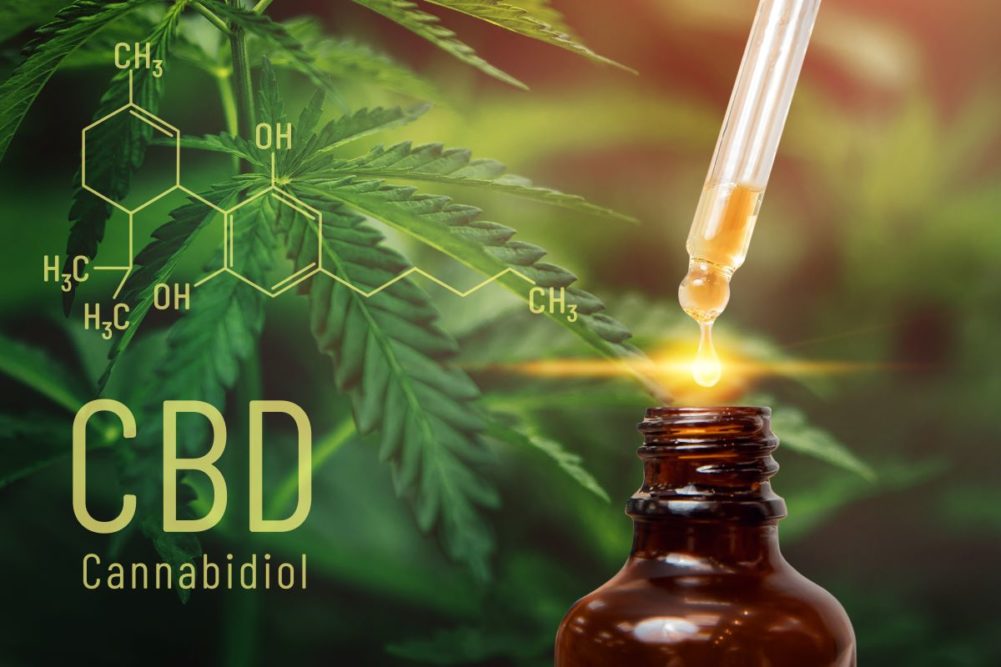WASHINGTON — The US Food and Drug Administration is prepared to work with Congress on regulating cannabidiol (CBD) products, Janet Woodcock, MD, principal deputy commissioner of the FDA, said Jan. 26.
Her statement came after a group within the FDA explored potential regulatory pathways for CBD products and concluded regulations will need to balance consumers’ desire for access to CBD products with the regulatory oversight needed to manage risks. Studies have shown CBD potentially could harm the liver, interact with certain medications and possibly harm the male reproductive system, Dr. Woodcock said. The FDA also finds CBD exposure concerning in vulnerable populations such as children and women who are pregnant.
“A new regulatory pathway would benefit consumers by providing safeguards and oversight to manage and minimize risks related to CBD products,” Dr. Woodcock said. “Some risk management tools could include clear labels, prevention of contaminants, CBD content limits, and measures, such as minimum purchase age, to mitigate the risk of ingestion by children. In addition, a new pathway could provide access and oversight for certain CBD-containing products for animals.”
Dr. Woodcock said the FDA on Jan. 26 denied three citizen petitions requesting the agency make rules to allow the marketing of CBD products as dietary supplements. The petitions came from the Consumer Healthcare Products Association, the Council for Responsible Nutrition and the Natural Products Association.
CBD is found in both hemp and marijuana, both of which are Cannabis sativa. The Agriculture Improvement Act of 2018, also known as the farm bill, removed hemp from the Controlled Substances Act, meaning it could be grown commercially in the United States. The farm bill described hemp as having less than 0.3% tetrahydrocannabinol (THC). Marijuana contains levels of THC at or above 0.3%.
The FDA still denies the use of CBD in food, beverages and dietary supplements because it is in an FDA-approved drug called Epidiolex. Given available evidence, it is not apparent how CBD products could meet safety standards for dietary supplements or food additives, Dr. Woodcock said.
“For example, we have not found adequate evidence to determine how much CBD can be consumed, and for how long, before causing harm,” she said. “Therefore, we do not intend to pursue rulemaking allowing the use of CBD in dietary supplements or conventional foods.
“CBD also poses risks to animals, and people could be unknowingly exposed to CBD through meat, milk and eggs from animals fed CBD. Because it is not apparent how CBD products could meet the safety standard for substances in animal food, we also do not intend to pursue rulemaking allowing the use of CBD in animal food. A new regulatory pathway could provide access and oversight for certain CBD-containing products for animals.”




